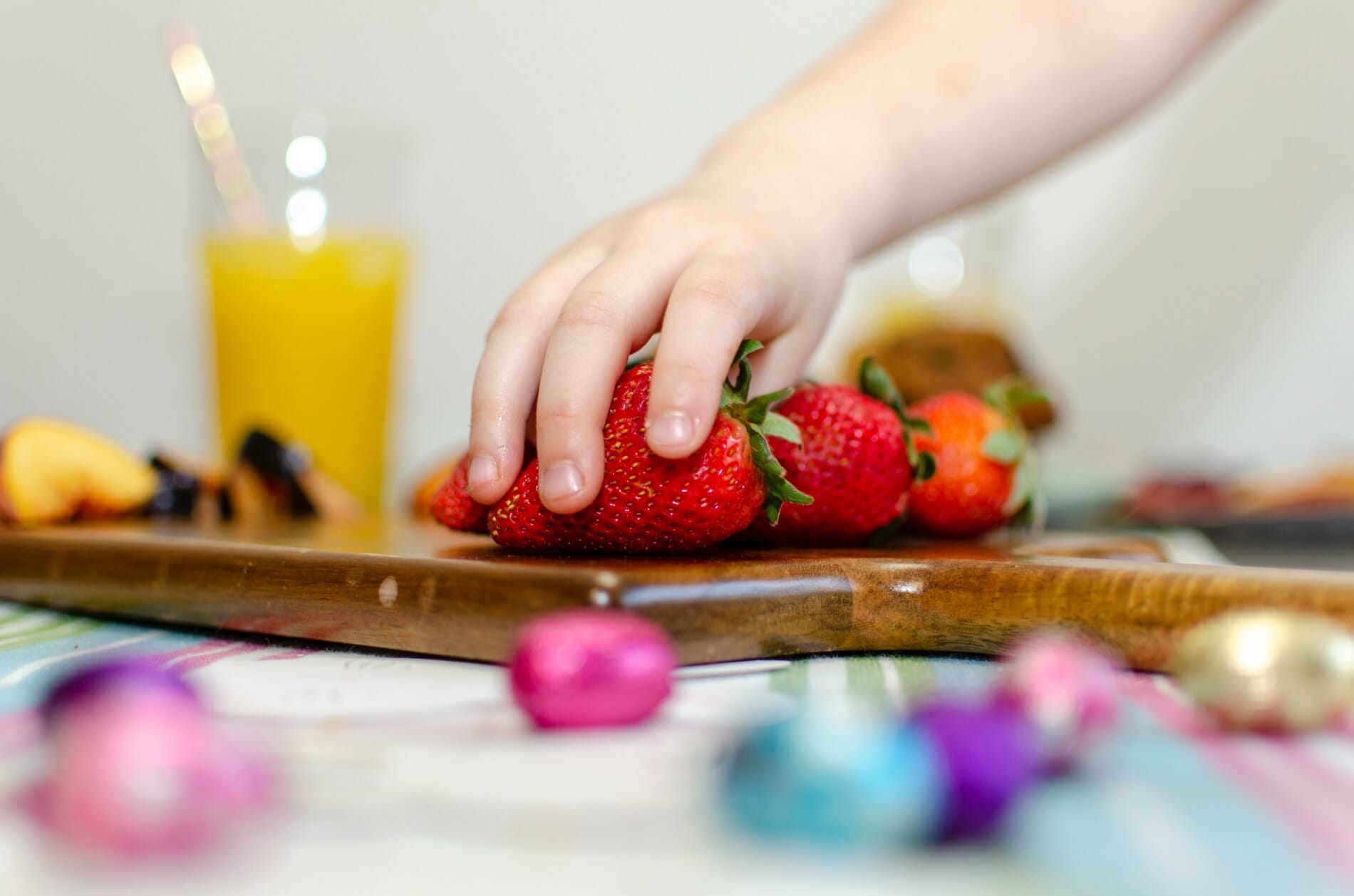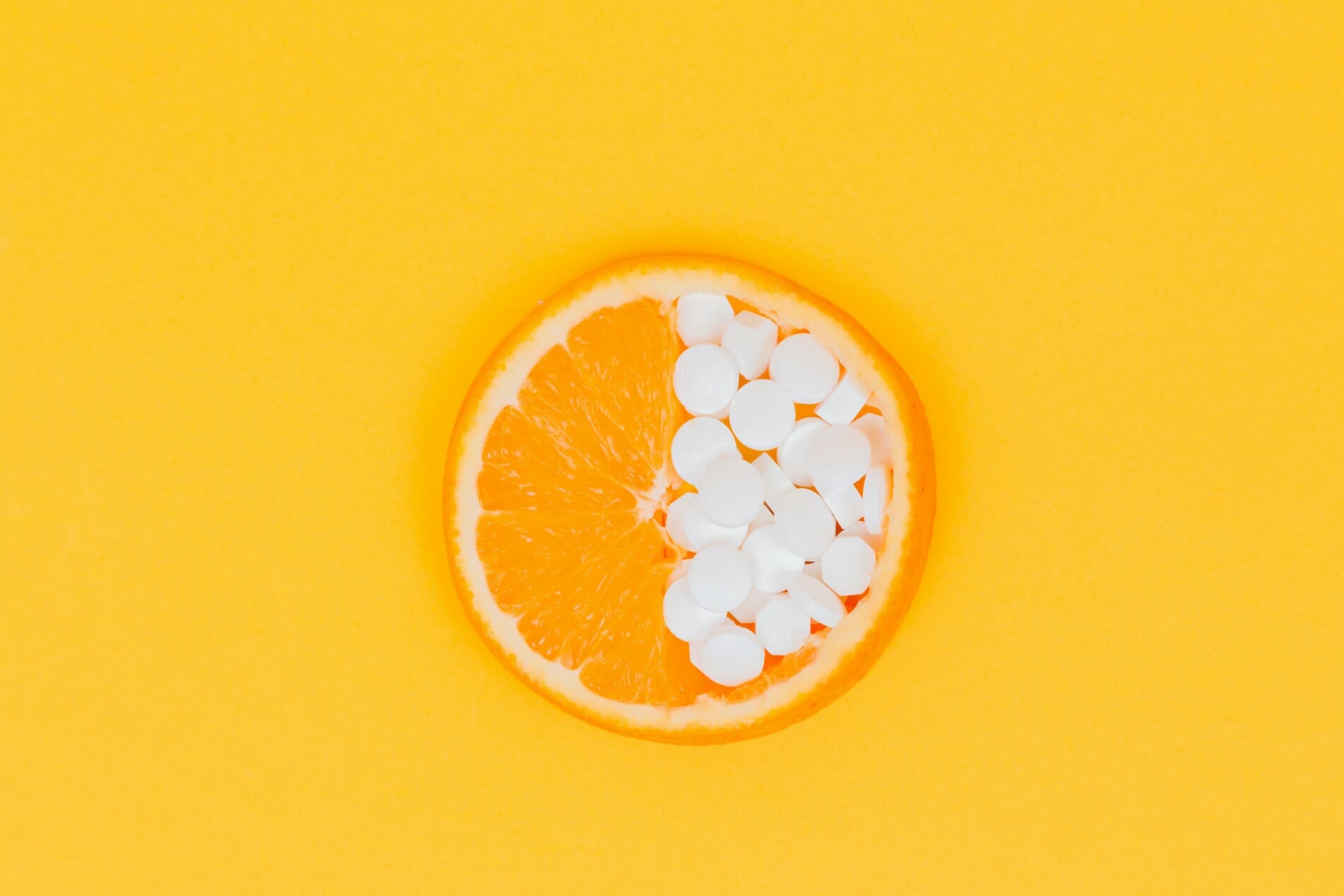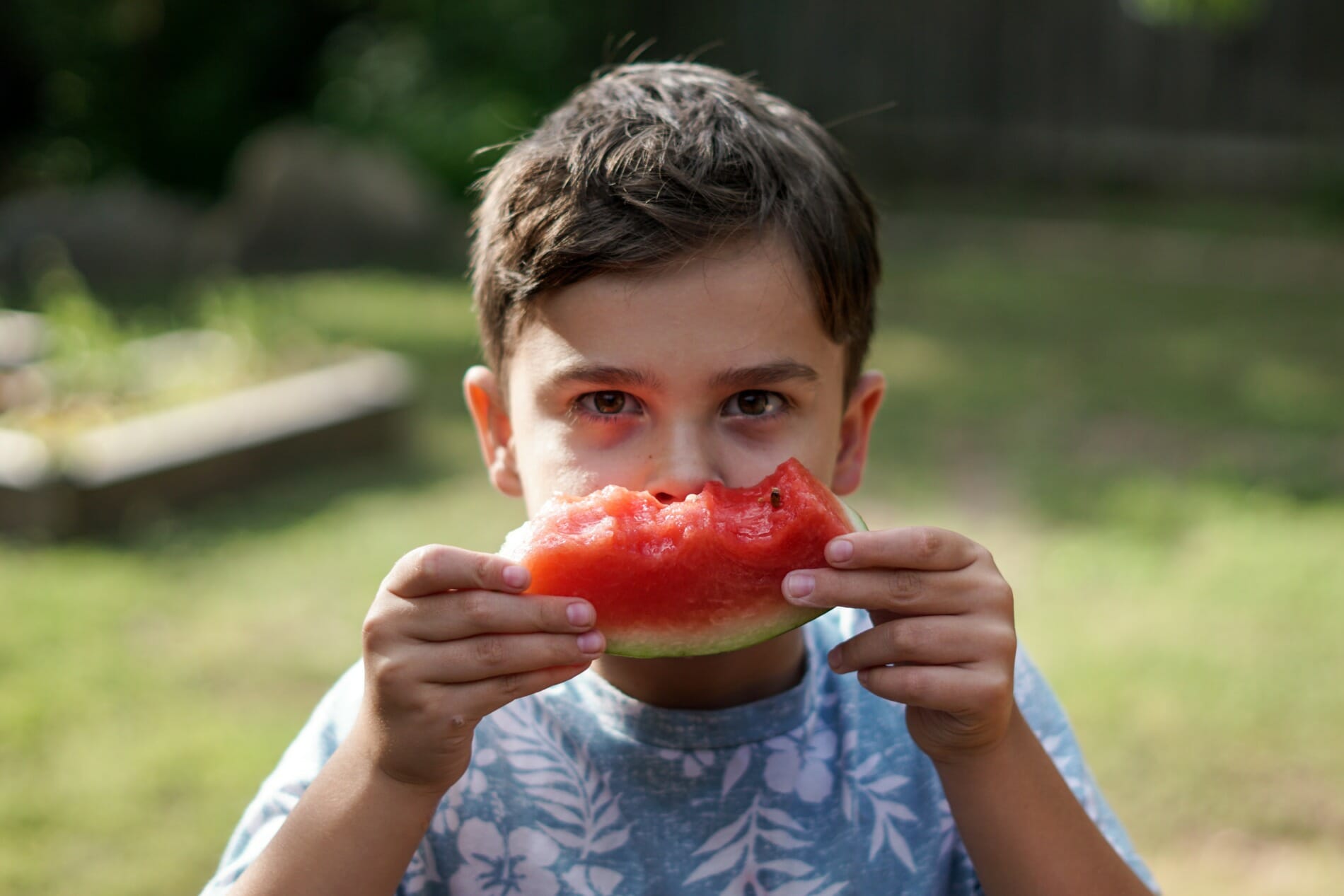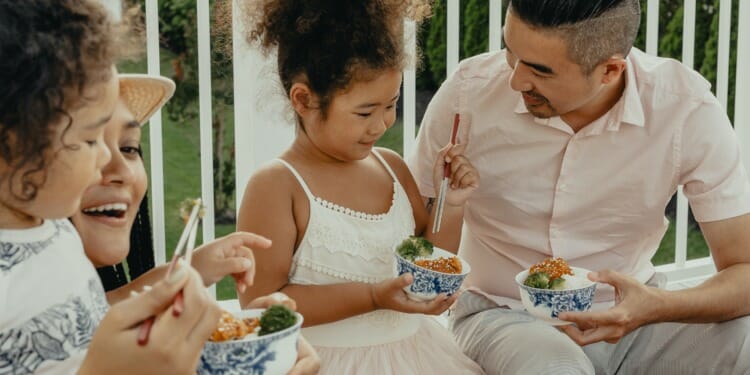Is a vegan diet safe for children? This question might raise concern for young parents, as we all want the best for our children and are aware of the crucial role that childhood nutrition plays in our health in the long run. Unlike adults, children’s bodies and minds are constantly developing and are growing rapidly every day. But at the end of the day, children are humans and therefore stand to benefit from a balanced vegan diet, like their adult counterparts. A vegan diet is not just appropriate for children, it can help prevent the onset of diseases like diabetes, cancer, and heart disease.

Do health institutions approve of vegan diets for kids?
The American Academy of Pediatrics states that a vegan diet can be appropriate for all ages and levels of life. Research shows that many experts concluded that infants and children of all ages can safely follow vegan diets without compromising nutrition or growth and with some notable health benefits.
Both, The Academy of Nutrition and Dietetics and The British Dietetic Association have also expressed that well-planned vegetarian and vegan eating patterns can be healthful and appropriate for all stages of the life cycle, including infants and toddlers, and can support healthy living in people of all ages.
What is the difference between vegan kid’s and vegan adult’s nutrition?
The younger the kids are, the bigger the difference is going to be between their nutrition and adults’ nutrition. From the very beginning of life until three years old, children need to consume more fat. Whilst adults can thrive on low-fat diets and be healthy, children need that fat for their brain growth and development. Up to 35% of their daily calorie intake should come from healthy fats, whereas adults and teenagers need only 10-15% of calories coming from fat daily.
Children also need slightly more protein than adults in the first years of life because of body tissue and muscle growth. Kids can easily meet their caloric needs in terms of fats and protein on a vegan diet by incorporating high-caloric wholefoods such as nuts, seeds, legumes, and whole grains, along with healthy carbs found in whole fruits and vegetables.
Can Infants Be Vegan?
Pediatricians and researchers agree that the ideal food for a human baby is breast milk. Drinking breast milk from a birth mother is 100% vegan. However, there are cases when breastfeeding is not possible. In that case, there are breast milk banks, which collect, examine, and process human milk donated by nursing mothers who are not biologically related to the children getting the milk. If that option is available in your region, it would be safe and healthy for an infant.
Furthermore, a lot of vegan soy-based formulas are also available on the market these days. It is essential that infants get either breast milk or formula for appropriate nutrition. You absolutely cannot substitute a baby formula with any kind of non-dairy or even just usual dairy milk. Thus, infants can totally be vegan and safe when taking breast milk or a soy-based formula designed specifically for babies.
Important nutrients for kids on a Vegan Diet – what to supplement?

Vitamin B12
B12 is the only supplement people of all ages, including children, can’t get on a vegan diet. It is absolutely necessary to supplement adequately for nursing mothers so that it can pass through the breast milk to the baby. As soon as the baby is not fully breastfed anymore, you can easily supplement B12 in the form of tablets, capsules, or liquid.
Vitamin D
Vitamin D is a hormone that we are supposed to synthesize in our body after sun exposure. It has almost nothing to do with food, but it is an important vitamin to watch out for, and if you live in a cold climate with a little sun exposure, supplementation might be necessary for kids as well as for adults. Doctors recommend supplementing 2000 IE of Vitamin D for adults per day.
Iron
There is no need to supplement iron, as long as vegan children include iron-rich foods in their diet such as whole grains, green vegetables, fruits, beans, lentils, nuts and nut butter, seeds, cooked tomatoes, mushrooms, and potatoes, along with Vitamin-C sources to boost iron absorption.
Calcium
There is a common belief that children need to consume dairy products to get enough calcium. However, dairy doesn’t come with just calcium alone, it also contains significantly higher amounts of protein than human kids need, as well as hormones, and toxins, which cannot be removed with pasteurization. These factors are associated with various health risks, so avoiding dairy can benefit children by ensuring correct hormone levels and endocrine functions. Beans and green vegetables are high in calcium and, unlike dairy, they also contain other vitamins, minerals, and phytonutrients that benefit overall health. There is no need to supplement calcium in a balanced vegan diet for kids.
Omega 3
Omega 3 fatty acids are important for proper brain function and development, as well as for avoiding cardiovascular and endocrine problems in the future. Omega-3 is present in fish as well as in plants. There is no need to supplement omega-3 as long as vegan kids eat algae, chia, flax and hemp seeds, walnuts, avocados, or soybeans on a daily basis. However, some children are picky eaters and they might not like any of these foods, in this case, there are a lot of plant-based omega 3 supplements for children available.

Key Takeaways
A well-balanced vegan diet is great for children as well as for adults. What does a well-balanced vegan diet mean? A balanced vegan diet is:
- A whole food plant-based diet with a balance between carbohydrates, fats, and proteins – three macronutrients, which we need to consume in order to thrive. All of them can be found in whole plants.
- Consuming mainly whole plants with a small number of minimally processed foods, like tofu or whole-grain pasta.
- Avoiding heavily processed food like potato fries, chips, candy, and artificial meat and cheese substitutes.
- A diet that is naturally low in cholesterol and saturated fat, which reduces the chance to get heart disease and diabetes in the future.
Whole plants are filled with fiber, which is absent in animal foods, along with vitamins, minerals, and antioxidants, which will help your child to grow and set a solid beginning of a healthy life.
Editor’s Note: The opinions expressed here by Impakter.com columnists are their own, not those of Impakter.com. — In the Featured Photo: Little girl eating veggie rice bowl. Featured Photo Credit: Tyson










